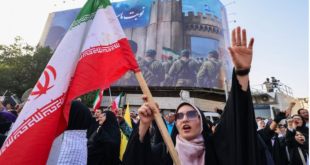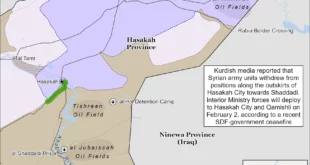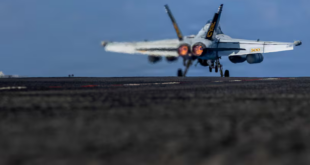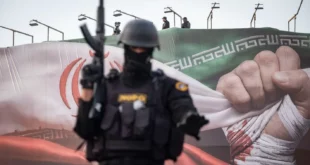 TEHRAN (Fars News Agency)- The Iraqi government on Sunday said the US needed to take bolder steps to interact directly with Iran in order to improve security across the Middle East.
TEHRAN (Fars News Agency)- The Iraqi government on Sunday said the US needed to take bolder steps to interact directly with Iran in order to improve security across the Middle East.
Iraqi National Security Adviser Mouwaffak al-Rubaie warned Washington that a strategy of aligning its Sunni Persian Gulf allies against Iran would only further exacerbate tensions in the region.
“The United States, until they seriously engage with Iran … the long-term regional security will be in doubt,” al-Rubaie said on the final day of a regional security summit in the Bahraini capital Manama.
It was a sharp rebuke to Washington a day after Defense Secretary Robert Gates called on Persian Gulf countries to pressure Tehran to renounce its nuclear program.
The US claims that Iran is seeking to produce nuclear bombs, but it doesn’t have any corroborative document or evidence to substantiate its allegations. Iran vehemently denies the allegations, insisting that its nuclear program is intended for energy production.
Washington’s attempt to push its hardline policy against Iran was undermined with the release of a report by 16 US intelligence agencies last week concluding that Iran is pursuing peaceful nuclear programs.
The report was a dramatic turnaround from a previous one that said Iran restarted the program in 2005.
The US National Intelligence Estimate was a confirmation of an earlier report by the UN nuclear watchdog chief that praised Iran’s cooperation and termed Tehran as truthful about key aspects of its past nuclear activities.
In a speech at the conference Saturday, Gates appealed to Persian Gulf nations to support penalties designed to force Iran to suspend its uranium enrichment.
Iran’s Foreign Ministry on Sunday condemned Gates’ remarks.
“Basically, this expression is an intervention in the domestic affairs of the regional countries,” Foreign Ministry Spokesman Seyed Mohammad Ali Hosseini told reporters during a weekly press conference.
Al-Rubaie’s push for greater US interaction with Iran was an uncomfortable reminder that Washington’s greatest enemy in the Mideast is also the country most closely tied to the government in Iraq – the nation in the region where the US has the most at stake.
“It is feasible for the government of Iraq to have on one side the strategic ally, the United States of America, and on the other side, we have a good relationship with Iran,” said al-Rubaie. “I believe they are not mutually exclusive.”
The disagreement with Washington highlighted the difficult line the US is trying to walk with Iran, isolating the country over its nuclear program while pursuing limited engagement to enlist its support in Iraq.
Al-Hashemi said continued US animosity towards Iran “would make life more difficult for the Iraqis.”
Al-Rubaie’s call for greater US engagement with Iran came as Tehran announced that it was studying an Iraqi proposal to hold a fourth round of ambassador-level talks with the US over security in Iraq.
Iraqi Vice President Tariq al-Hashemi agreed with al-Rubaie’s assessment and said continued US moves to isolate Iran over its nuclear program “would make life more difficult for the Iraqis.”
“I do believe Iran is a major power in the Middle East and holds a key for stability and peace for the whole region,” al-Hashemi told reporters at the conference. “This is why I’m saying that the nuclear issue should be sorted out in round-table negotiations.”
 Eurasia Press & News
Eurasia Press & News



